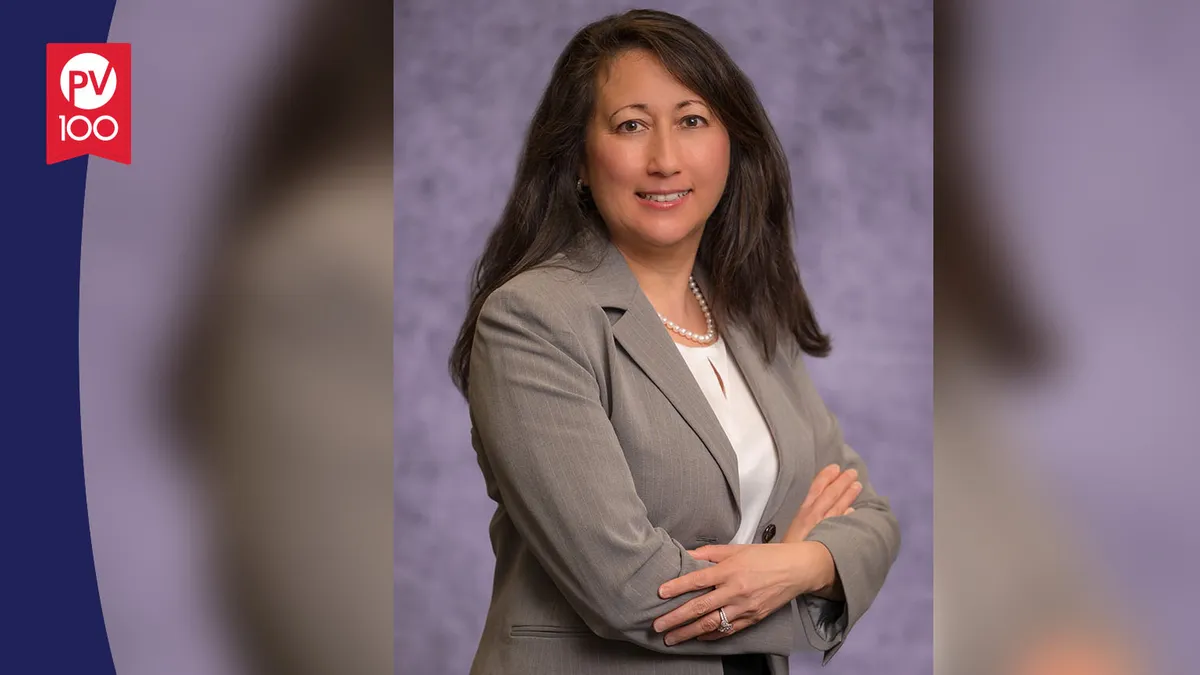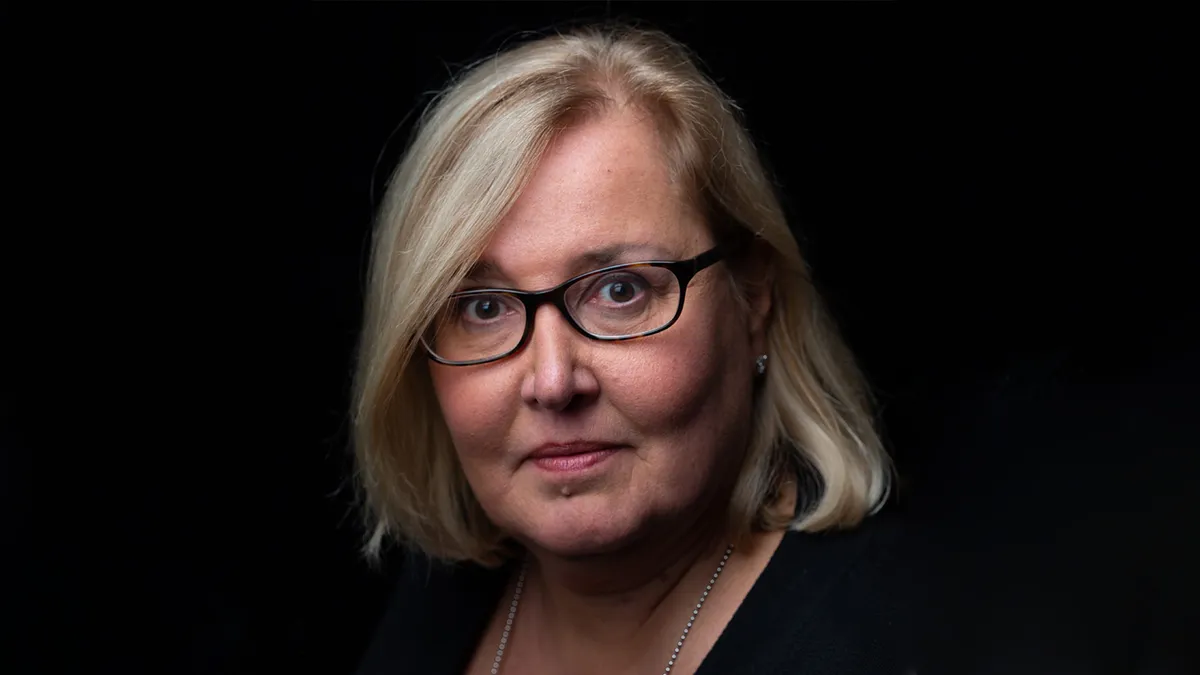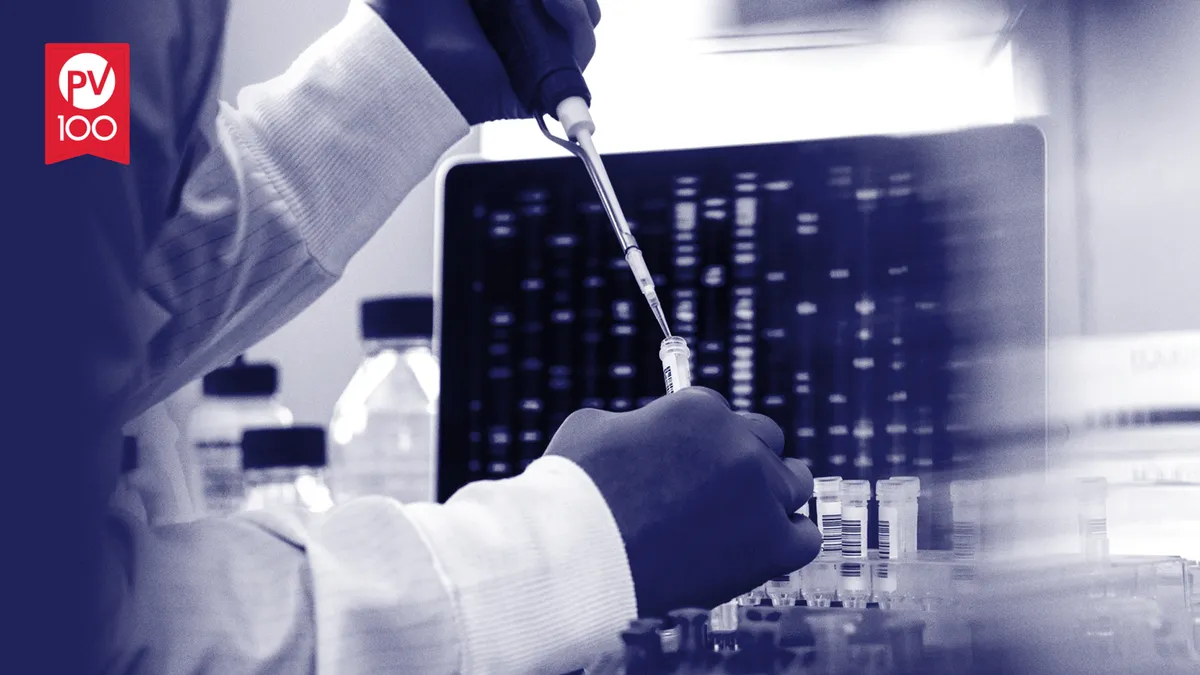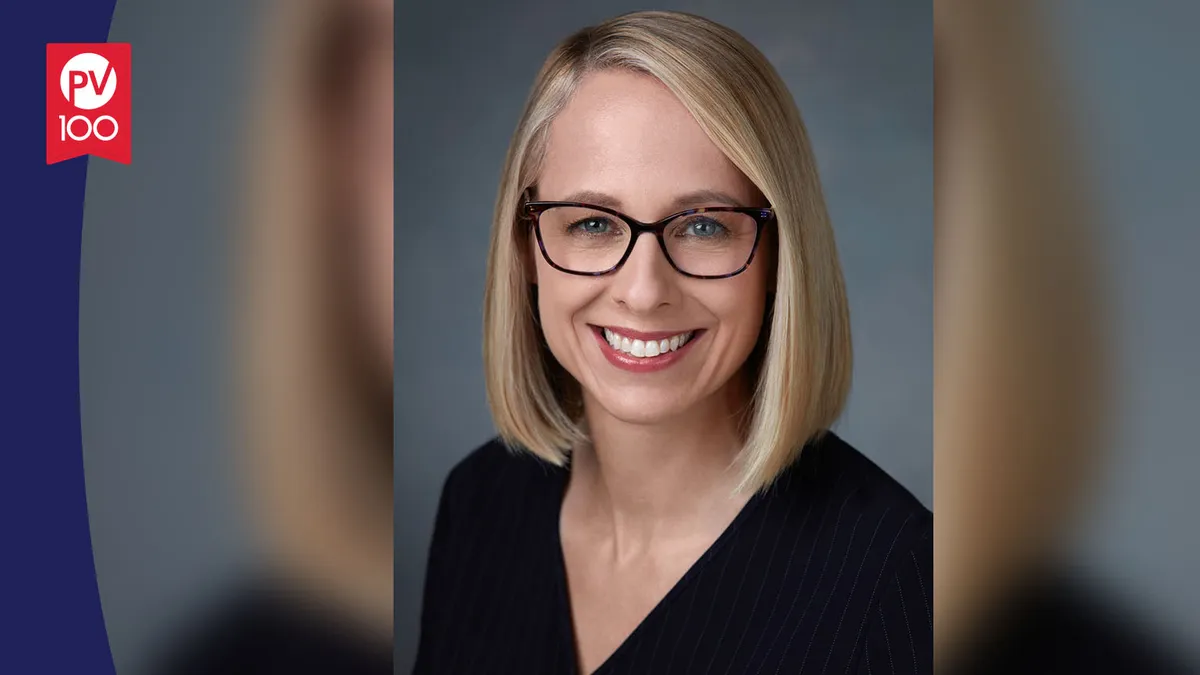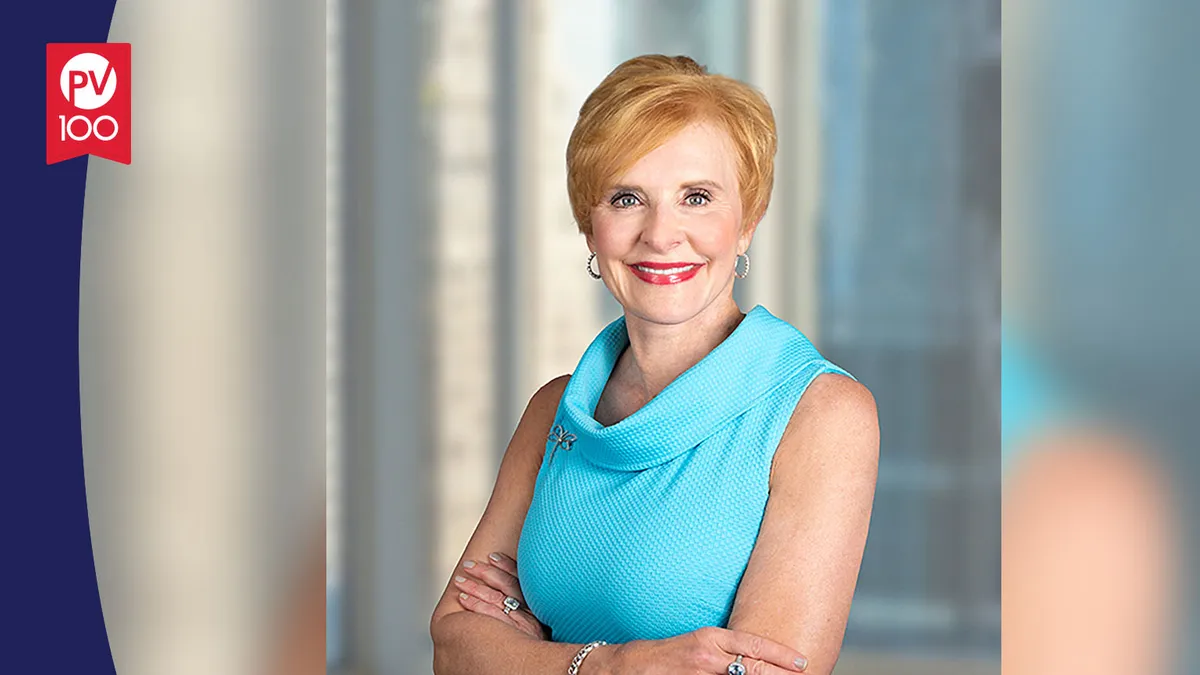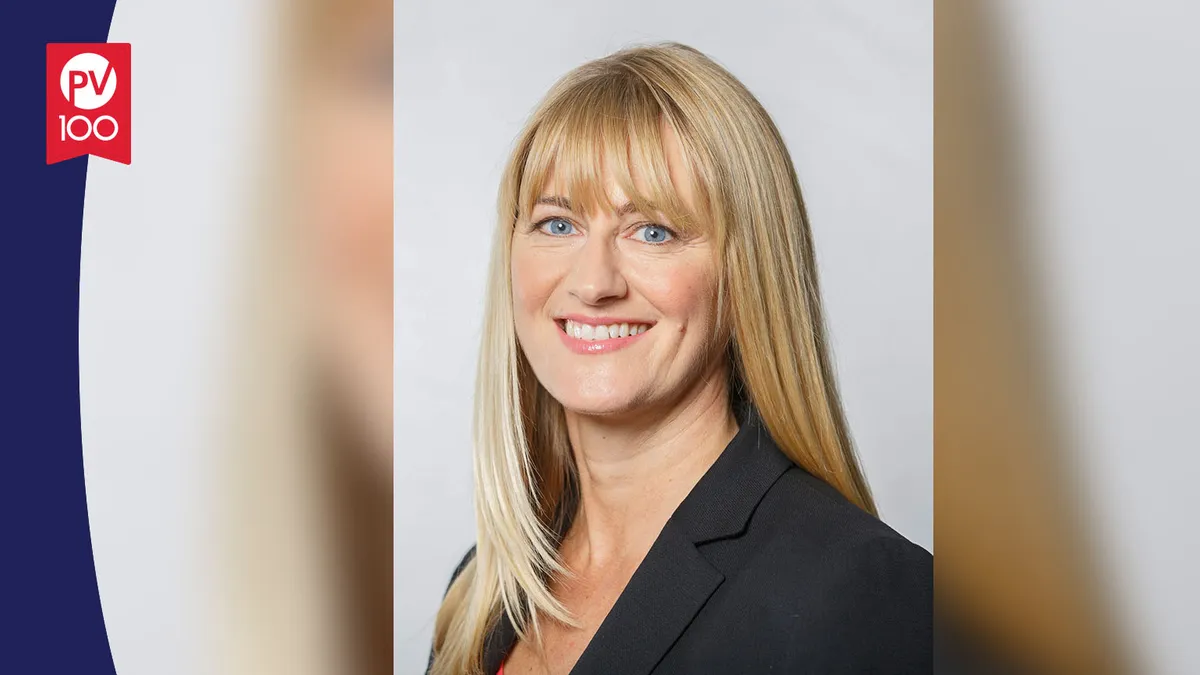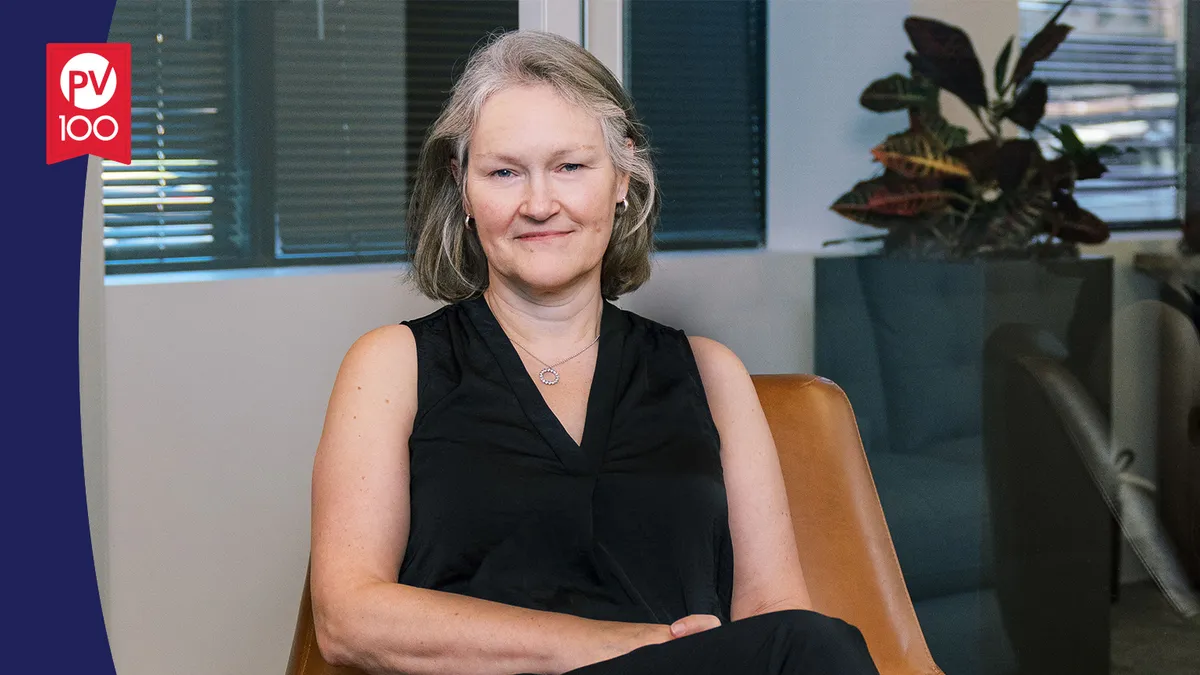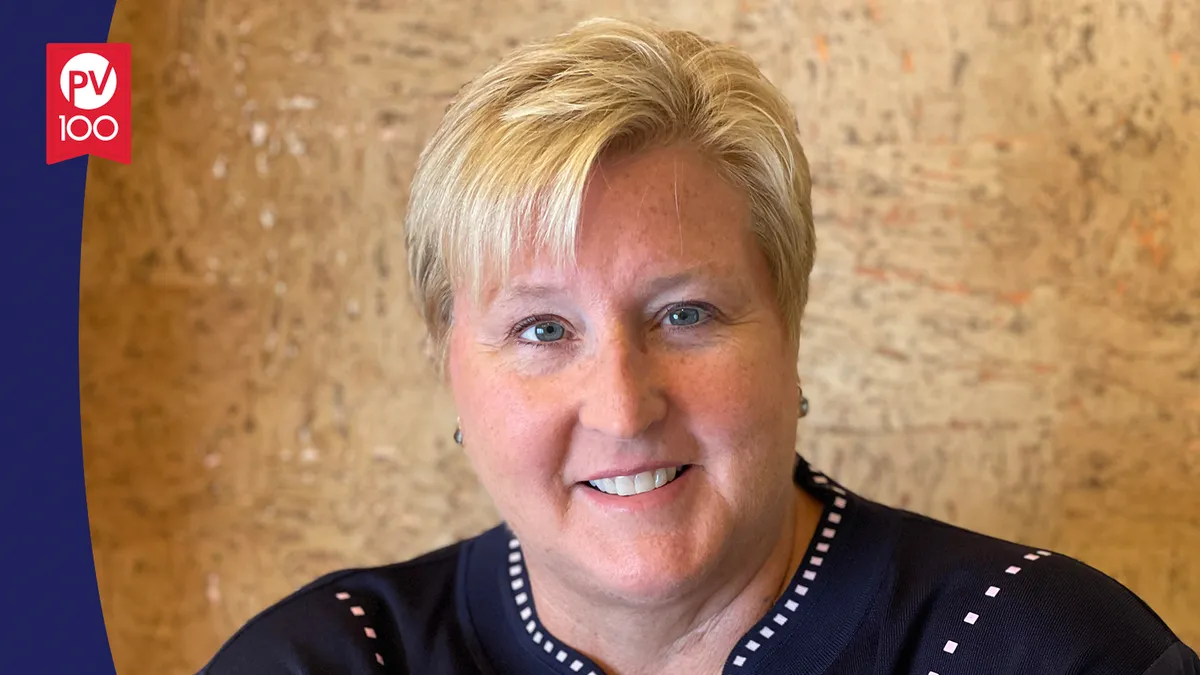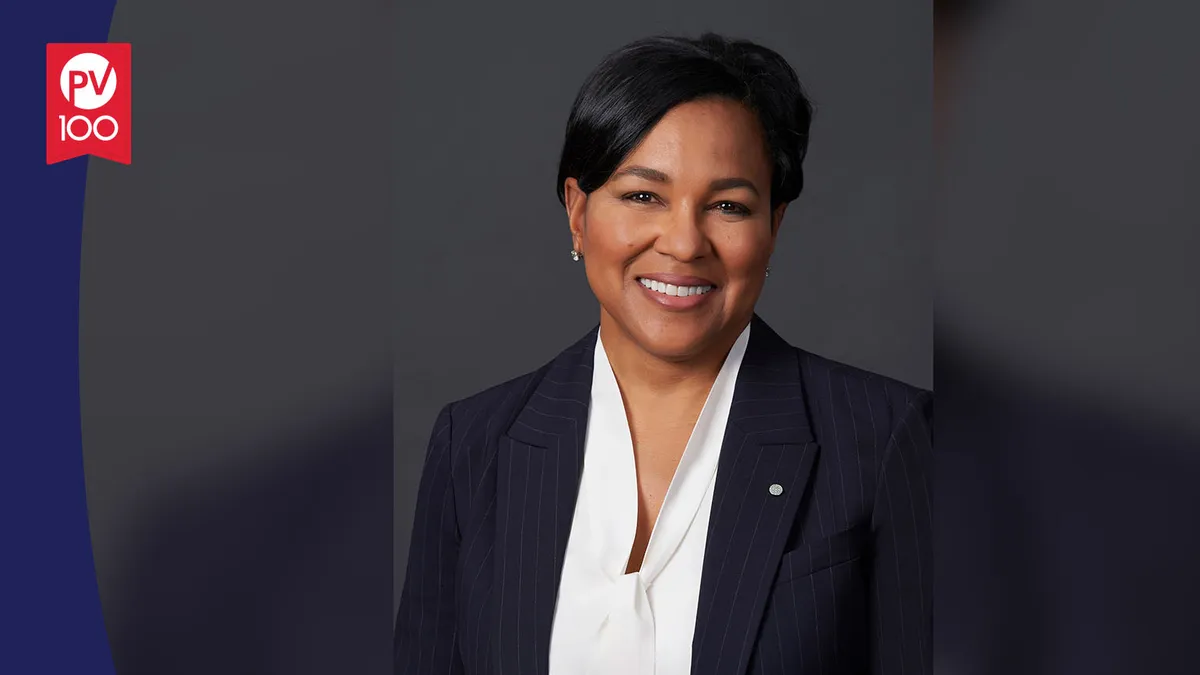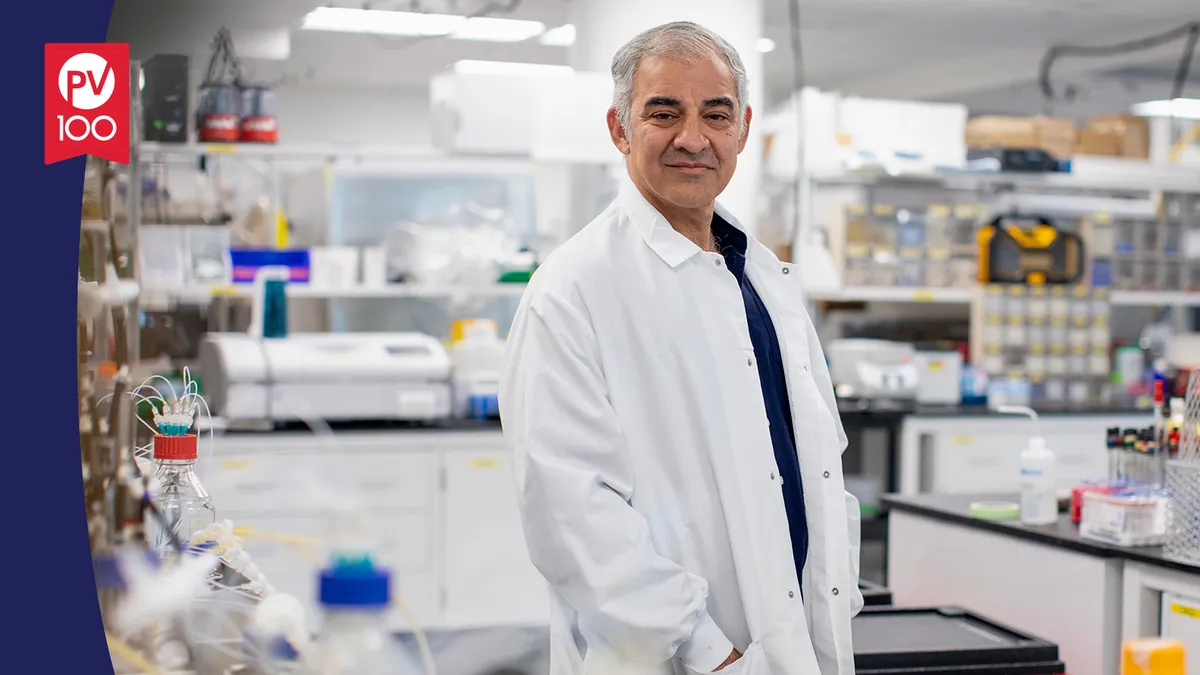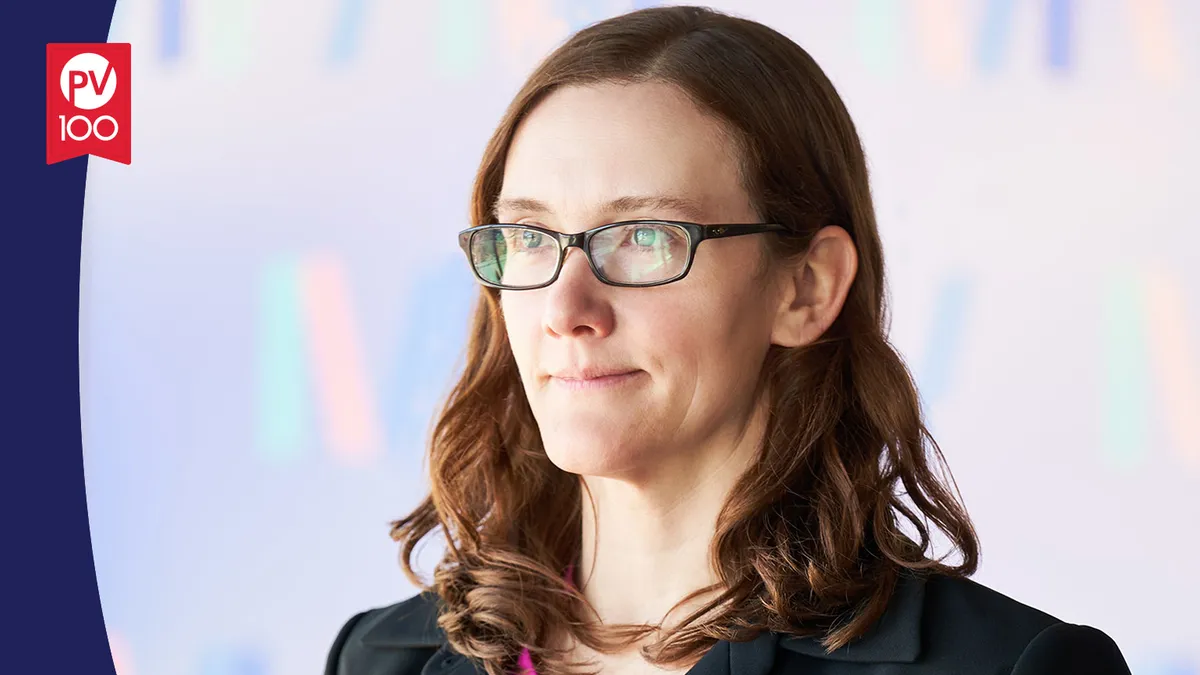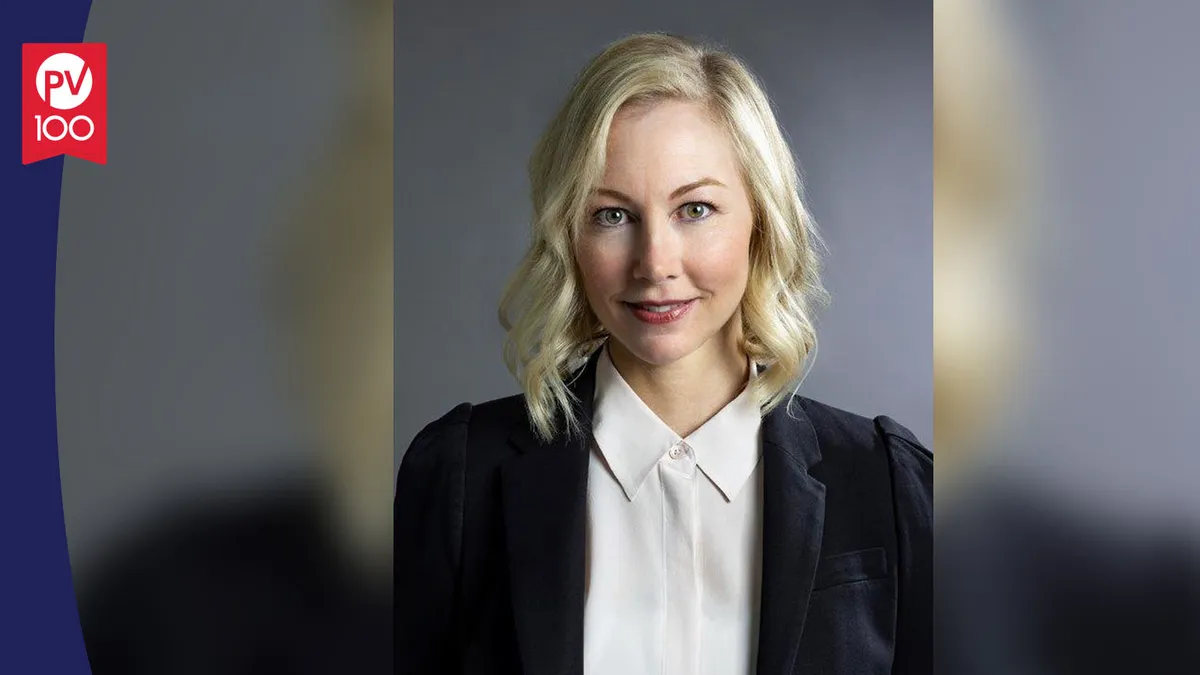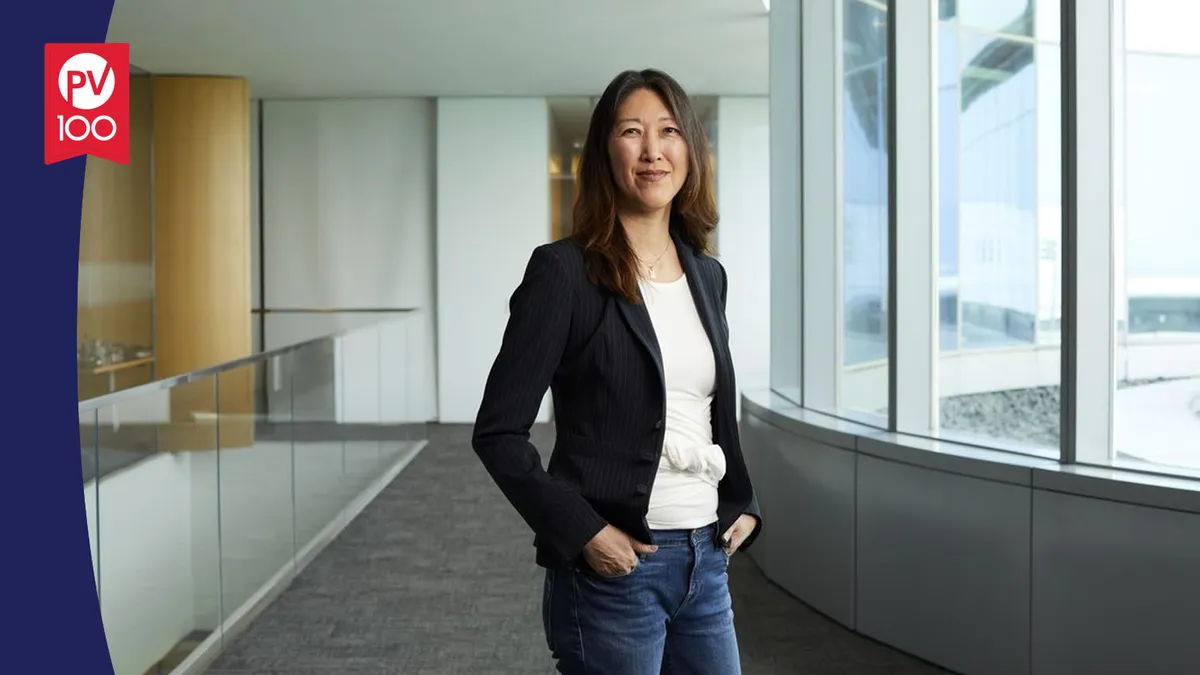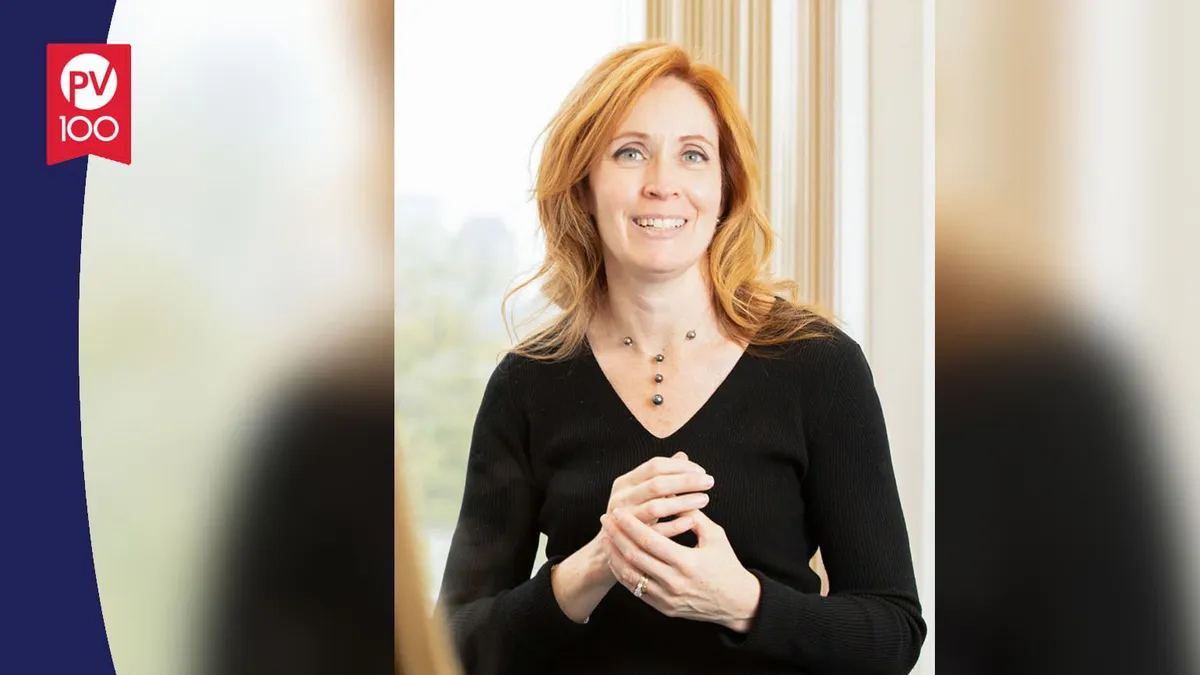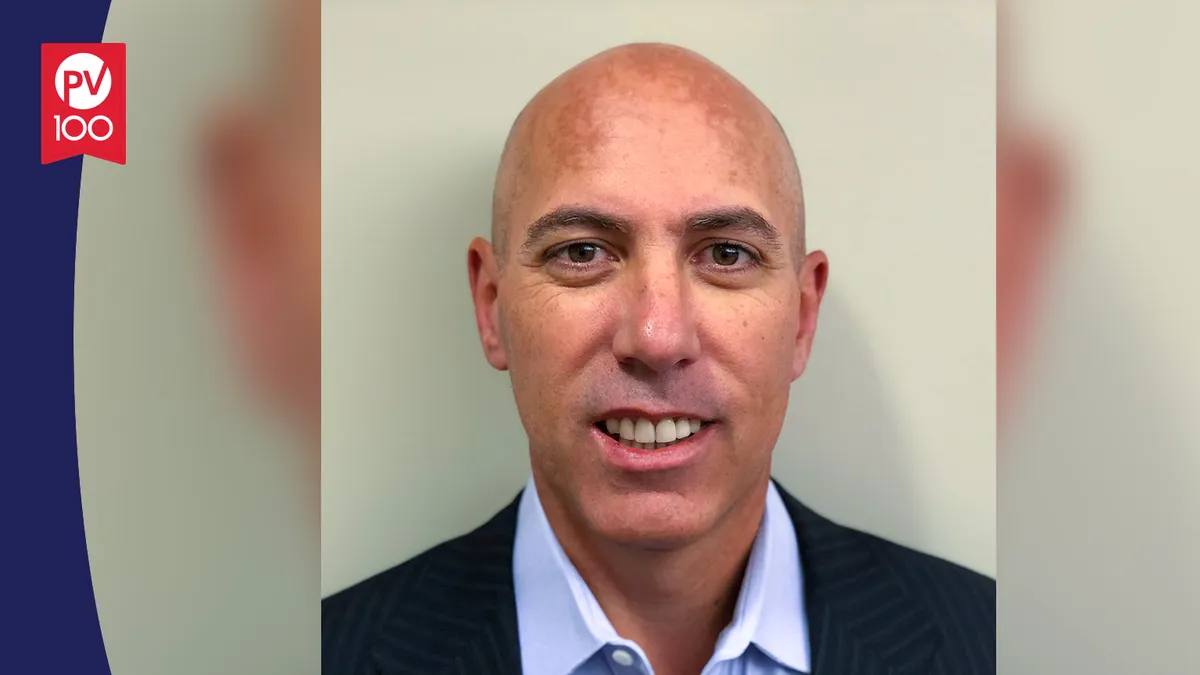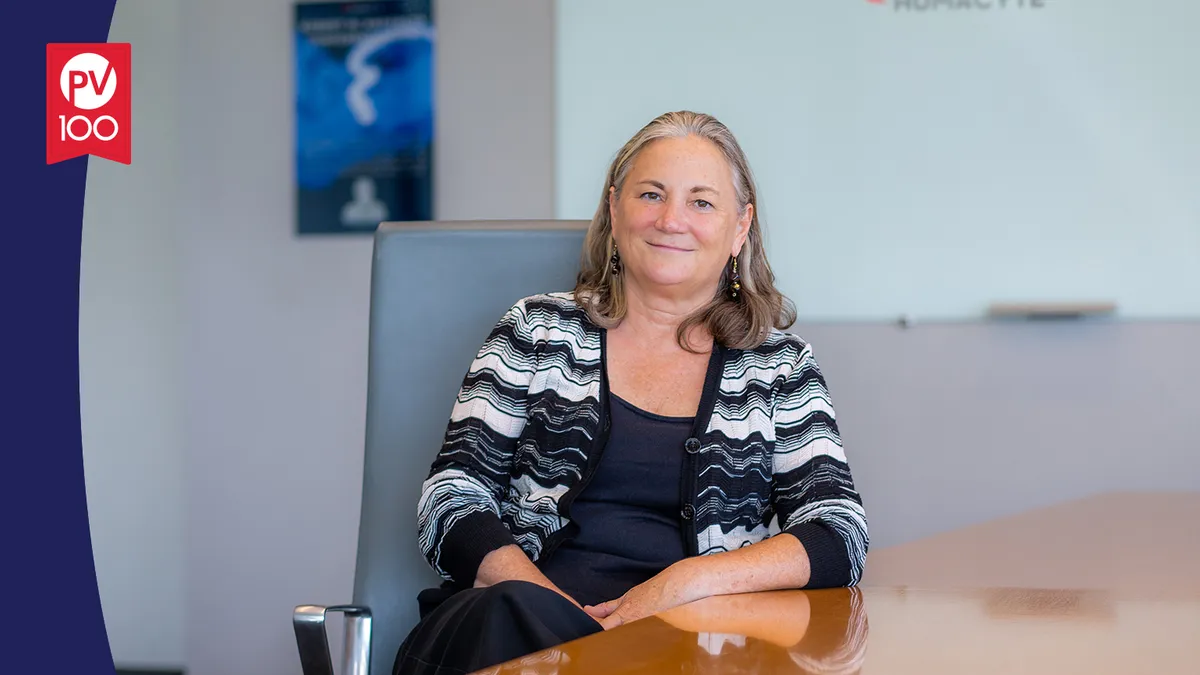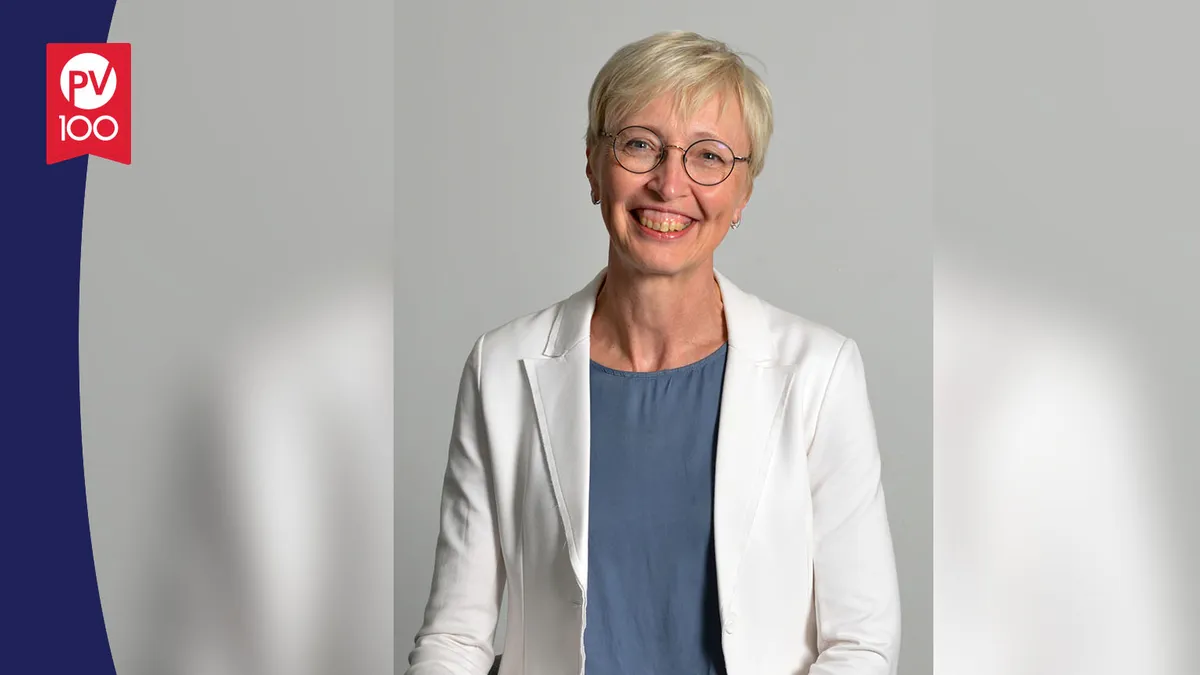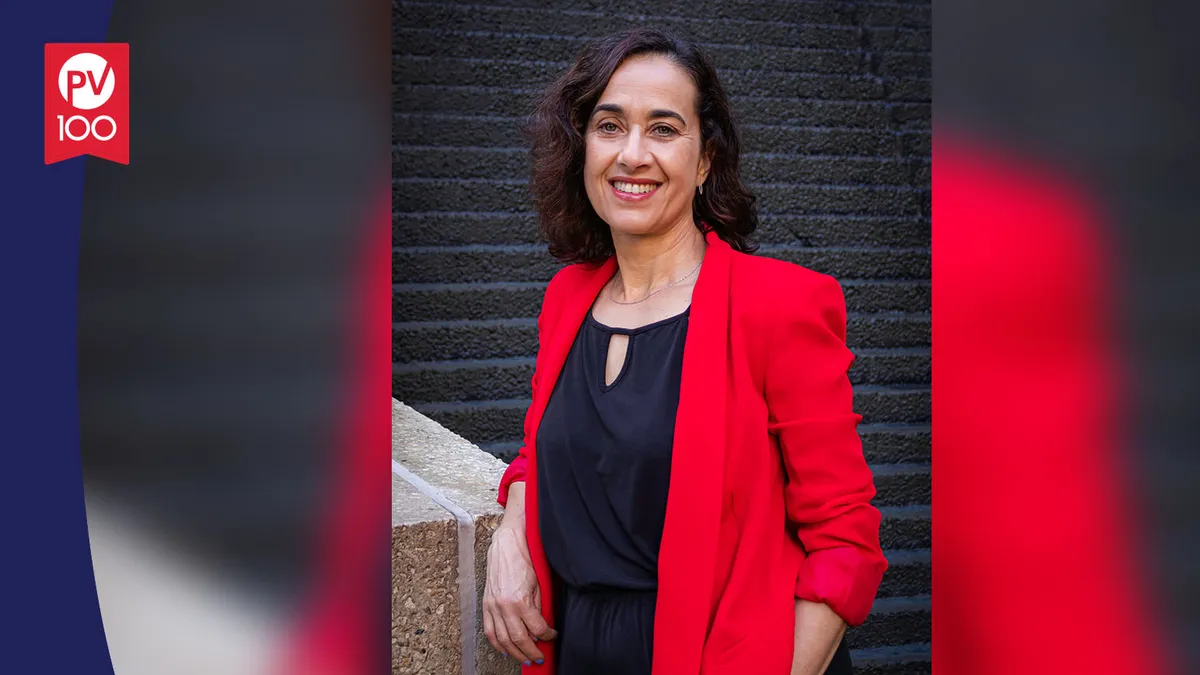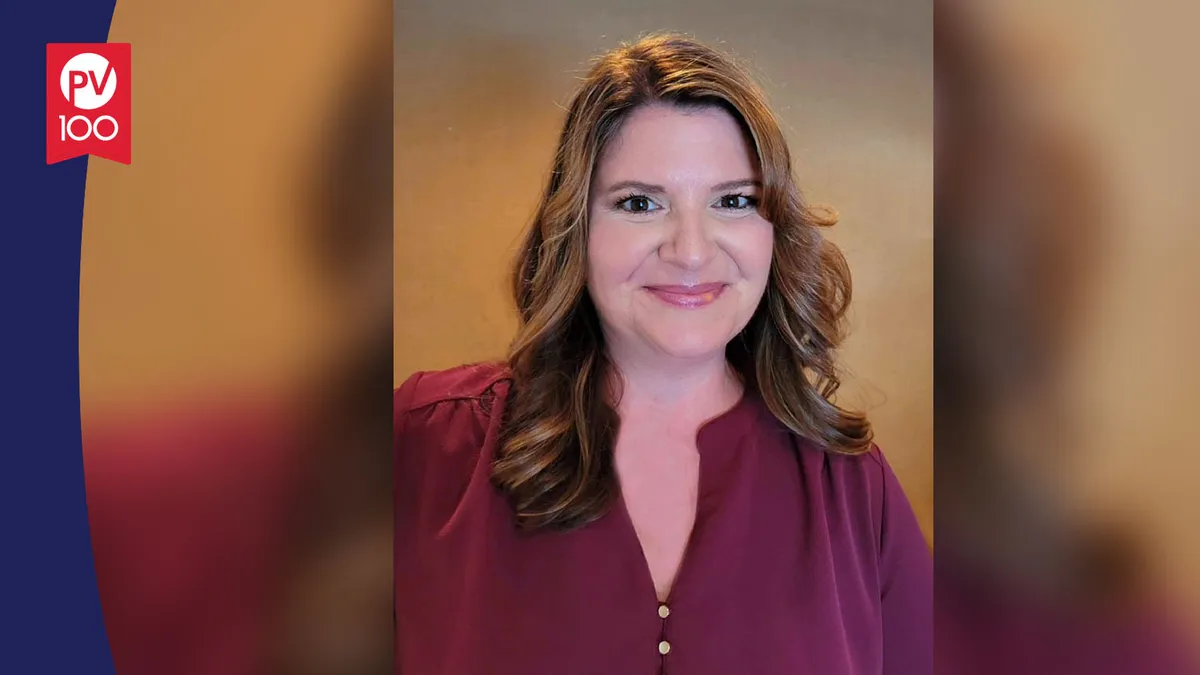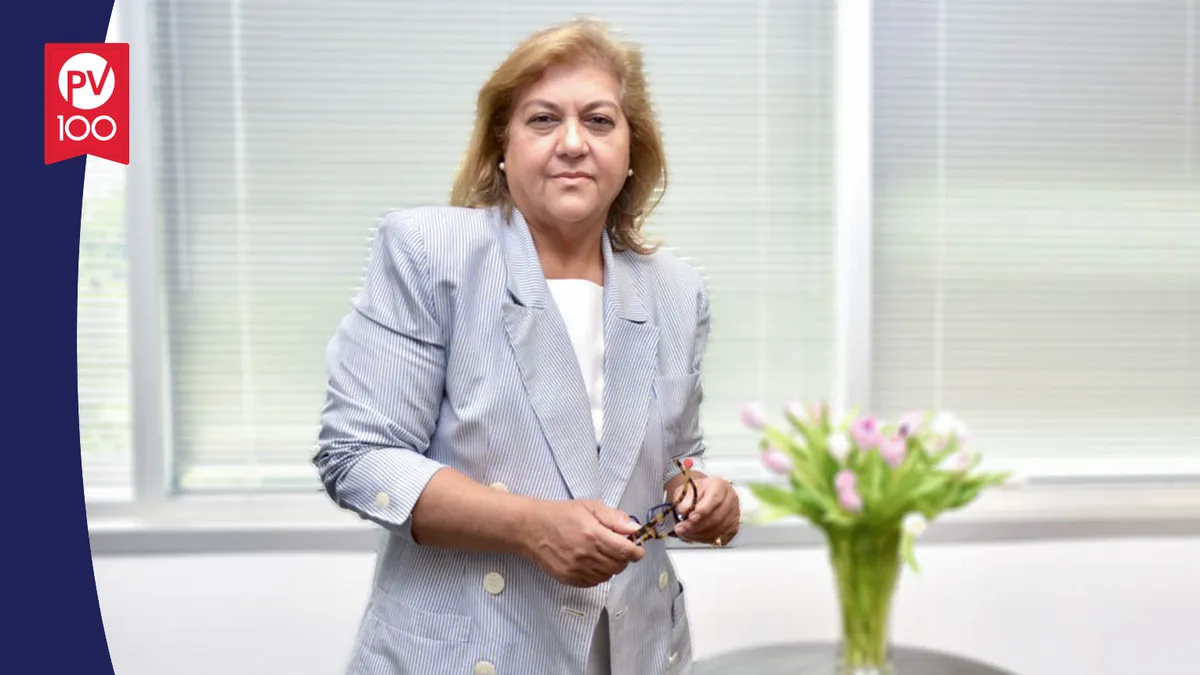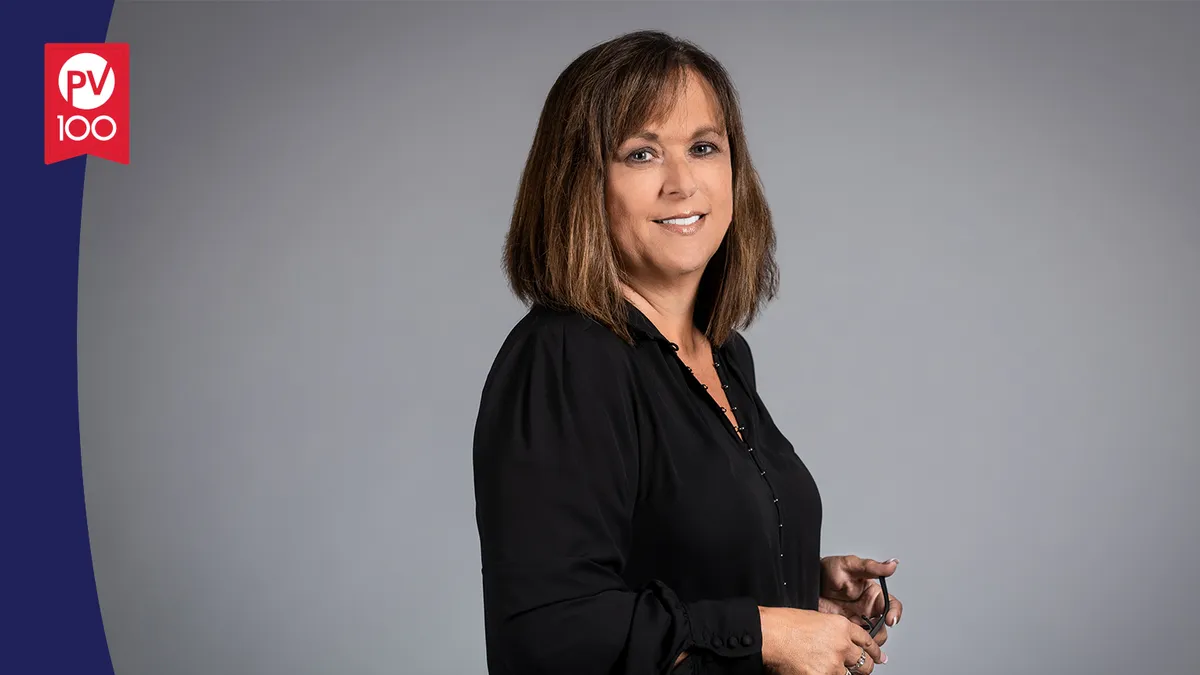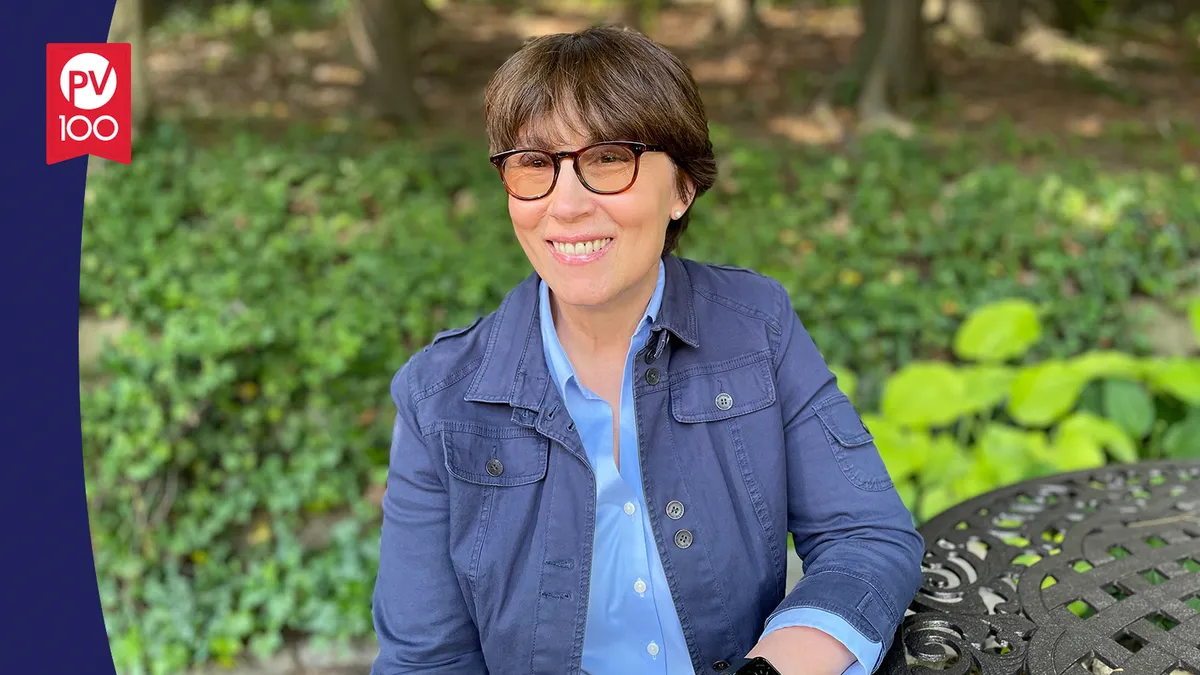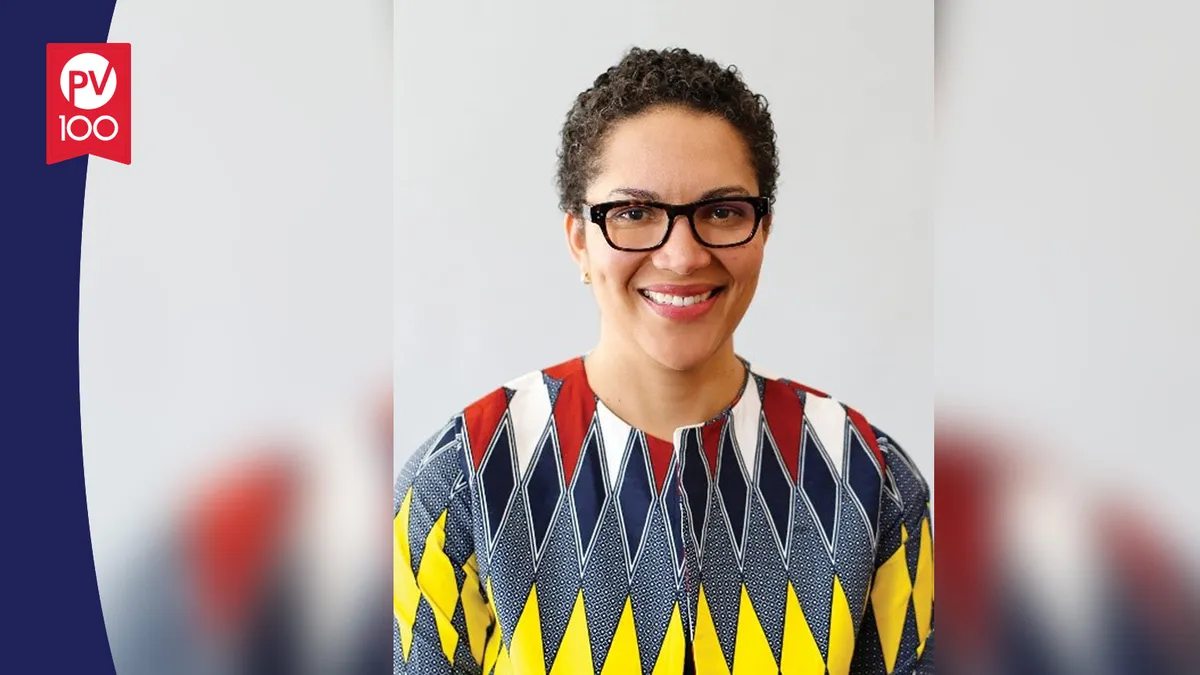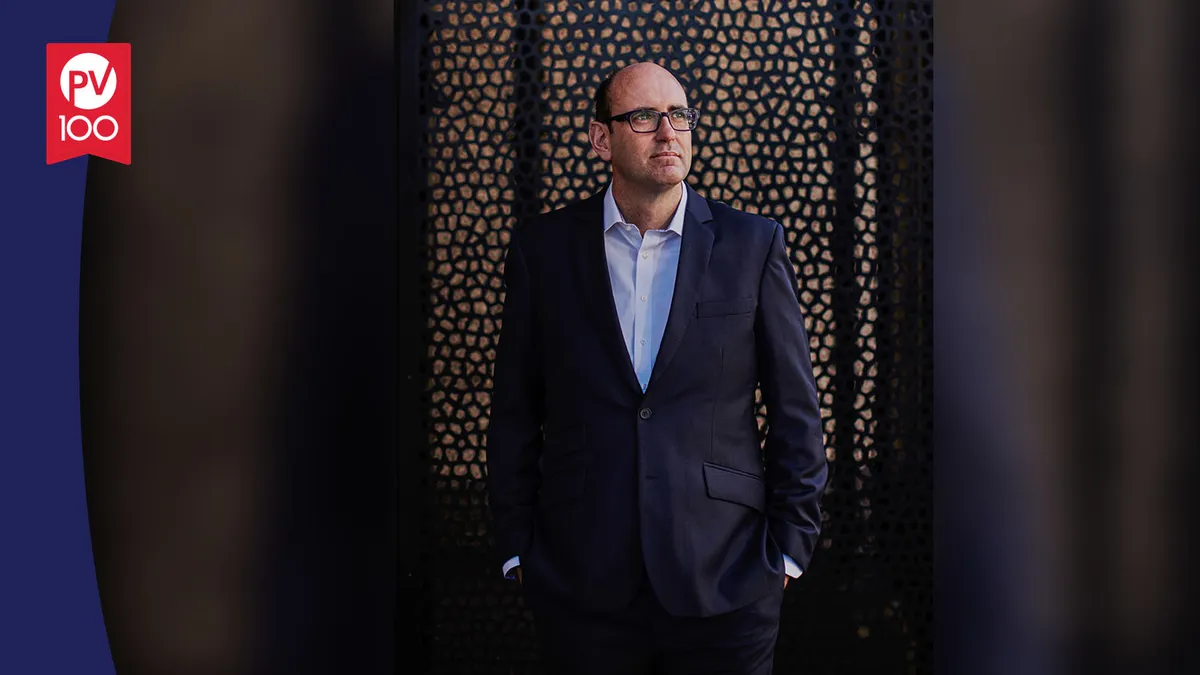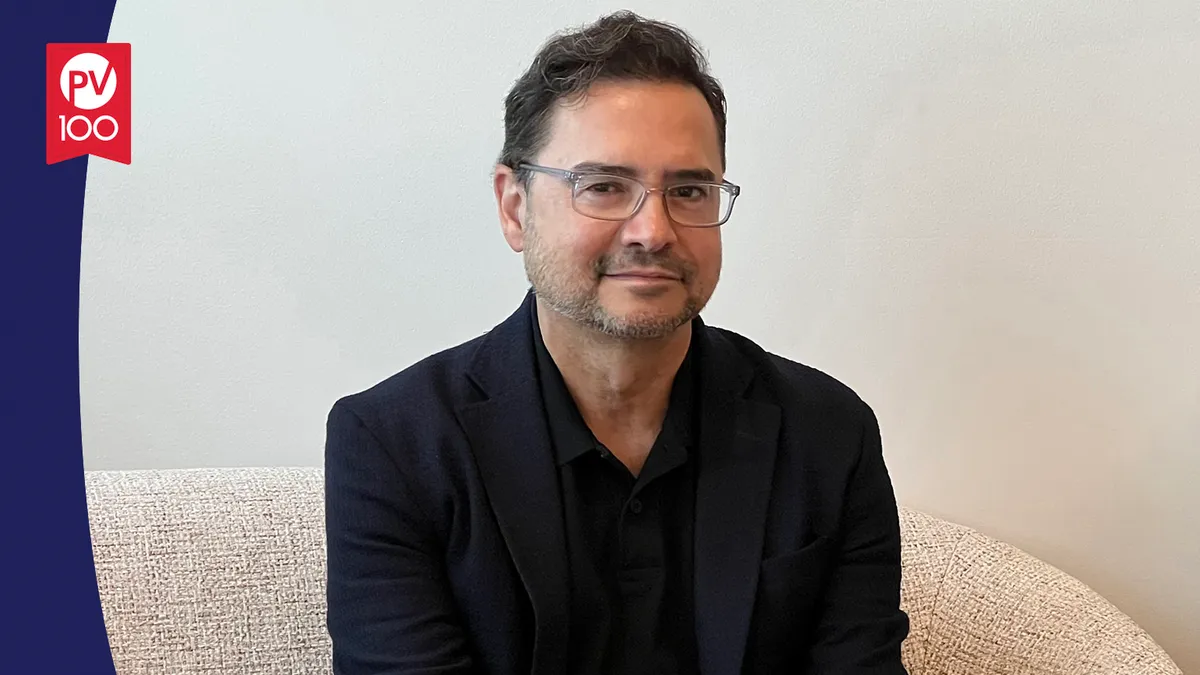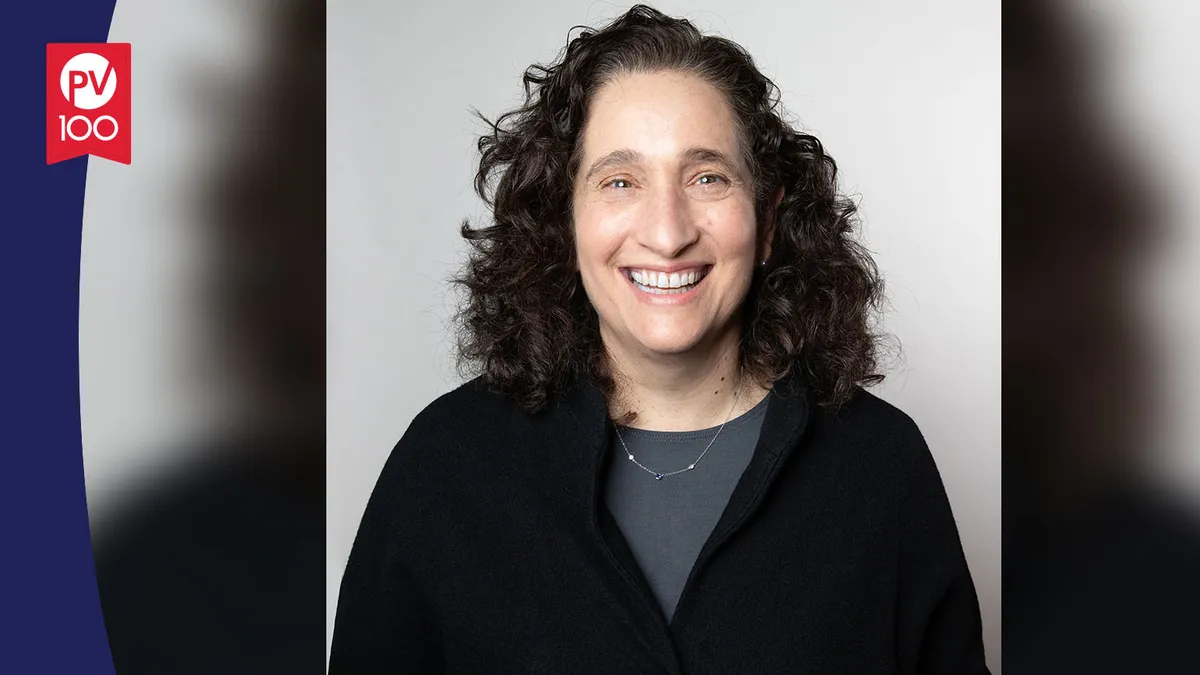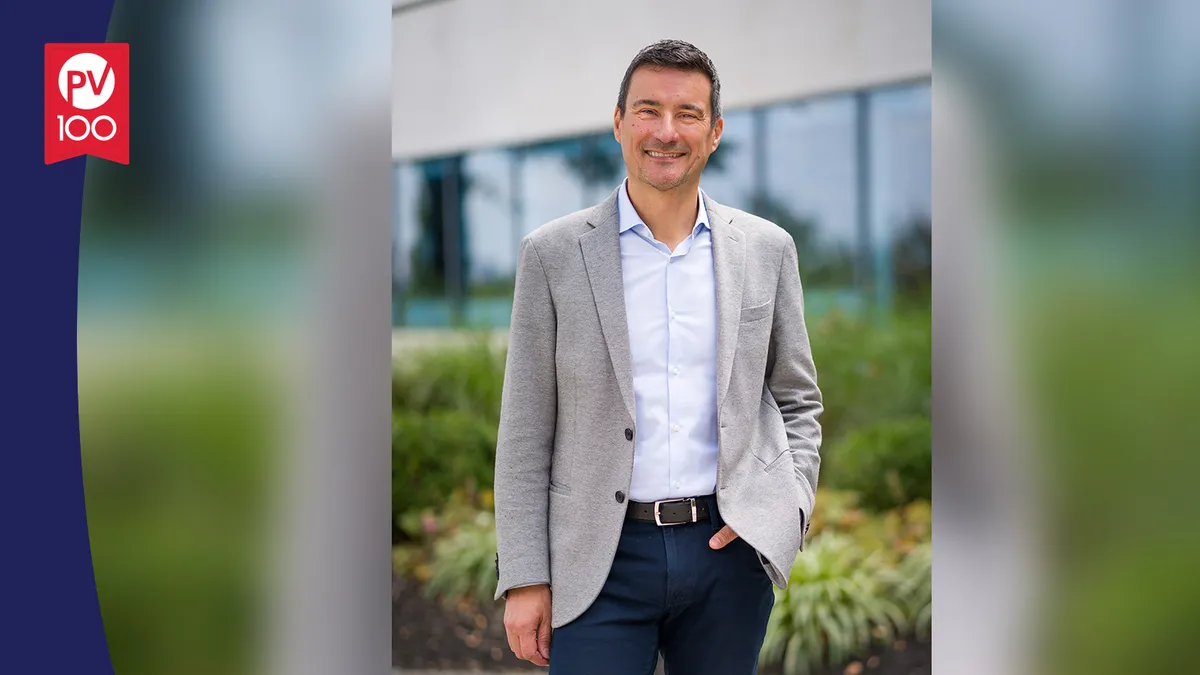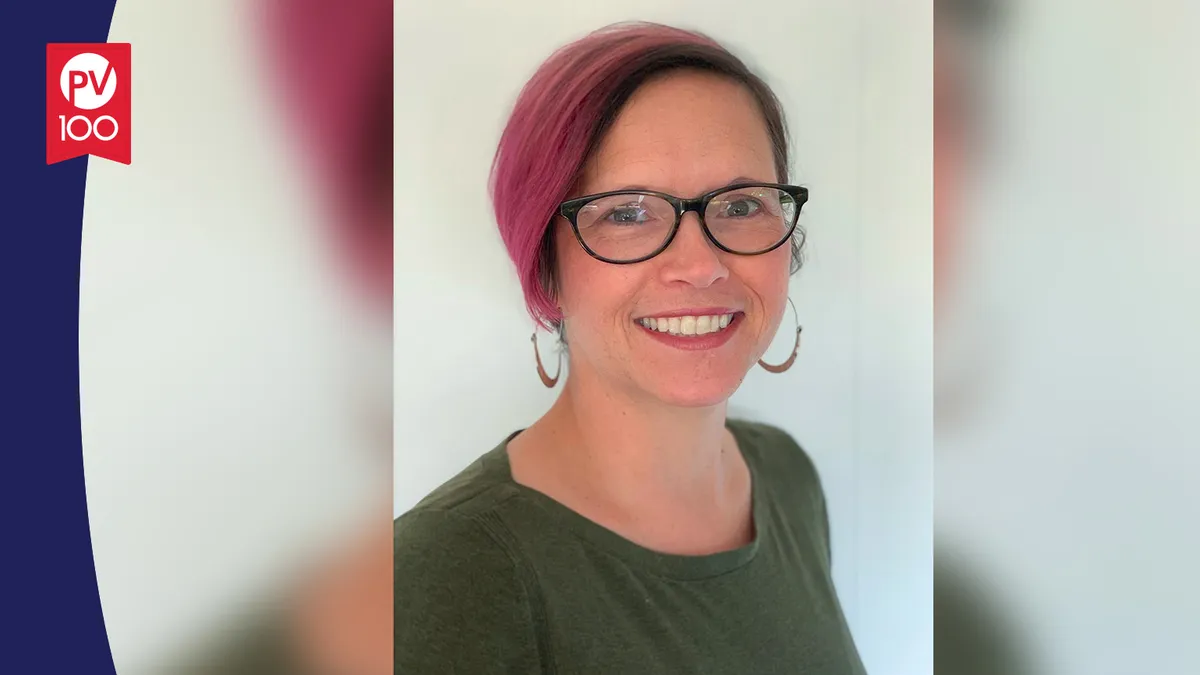Editor’s note: This story is part of our 2022 PharmaVoice 100 feature.
Kathy Lee-Sepsick has decades of experience as a senior executive in the medical technologies industry for companies like Novoste, SaluMedica and Terumo Medical. But like with many innovations, the ones she founded Femasys to develop in 2004 are deeply personal.
“I felt there was a gaping hole in the area of permanent birth control,” says the Femasys CEO, president and founder.
For Lee-Sepsick, the only option has always been surgery, which for her — as an executive and a busy mom of two girls — wasn’t a realistic option.
“I have always been a working mother, and my responsibilities increased dramatically over the years,” she says. “I never even considered [surgery] to be a viable option. And I think lots of women are working, and lots of women can probably relate to that.”
At Femasys, she’s working to “change the game” of women’s reproductive health with minimally invasive options for permanent birth control and infertility.
“It's been about 18 years since I founded the company, and I am the lead inventor in our technologies at Femasys,” she says.
Changing the game isn’t an overstatement when it comes to Lee-Sepsick’s vision for Femasys, which has already commercialized products related to infertility diagnoses. She also holds more than 100 patents globally for Femasys’ products and product candidates.
“The goal has been, with our products, to look at categories within women's health that have seen very little innovation for quite a long period of time,” she says. “That's really been the mission: to look at those areas where we can have the greatest impact and the potential to change the standard of care.”
Fresh approaches to long-standing challenges
She points to permanent birth control as an example. The first surgical tubal ligation was first performed in 1880, and since then, innovation has basically stopped.
“There's only one option for women today around the world for permanent birth control, and that's surgical tubal sterilization,” Lee-Sepsick says.
It’s a procedure that must be done surgically — and with all the risks and recovery time that any surgery brings. It’s also in “stark contrast” to what Femasys is working on now, Lee-Sepsick says. The company’s nonsurgical, implant-free, in-development product, FemBloc, would be delivered in a doctor’s office, similarly to how an IUD is placed. It works by using balloon catheters to deliver biopolymer to the fallopian tube opening. Within three months, the biopolymer degrades, triggering the creation of scar tissue that blocks the tubes.
“That's how our mechanism of action works, and it is entirely different from surgery,” she says. “Because we are doing this without anesthesia. The patient undergoes the procedure in their GYN office, and they walk right out the door and resume normal activity immediately.”
“For women’s health, I felt that there was an opportunity that a very small company could have a very large impact.”
Kathy Lee-Sepsick
CEO, president, founder, Femasys
Lee-Sepsick says so far, studies have shown that the procedure is well tolerated. Now they’re wrapping up a small study that looks at using ultrasound — rather than radiology — to confirm the success of the procedure.
“This will allow us to embark on our last phase, [and] we anticipate receiving approval from FDA ... early next year,” she says. “We'll be able to look not only at safety, and augment our safety profile that we already have, but [also] look at efficacy and be able to claim … what our failure rate looks like. And now that we know that the true failure rate of surgery is in the 6% range, it becomes kind of interesting, as far as what an in-office nonsurgical approach should be, when we look at the risk factors being substantially less.”
Opportunities in femtech
Unlike other specialties, like cardiovascular and orthopedics, which get a lot of money and attention — and therefore, a lot of innovation and rapid advancement — women’s health is severely neglected, which Lee-Sepsick recognizes as an opportunity. After all, FemBloc aims to update a procedure that basically stayed the same for over 100 years.
Similarly, the company’s other clinical-stage product, FemaSeed, aims to tackle front-end infertility, which also hasn’t seen advances in decades.
“For women's health, I felt that there was an opportunity that a very small company could have to have a very large impact,” Lee-Sepsick says. “I really thought some of the things that I felt were important in order to meet women's needs, ideally, we could do in a startup environment and then grow and have that impact.”
She also recognizes the broader impact this technology could have, from helping women around the world plan their families to shining a spotlight on accessible and reliable contraceptive options in the wake of the overturning of Roe v. Wade.
It all adds up to Lee-Sepsick being a dedicated and persistent risk taker — qualities that are needed for changing the paradigm around women’s health.
“I’m incredibly dedicated to this, and when you're looking to change the game, you have to be because you’ve got to look at the long-term view of it,” she says. “We keep needing to push the envelope and move the needle.”


